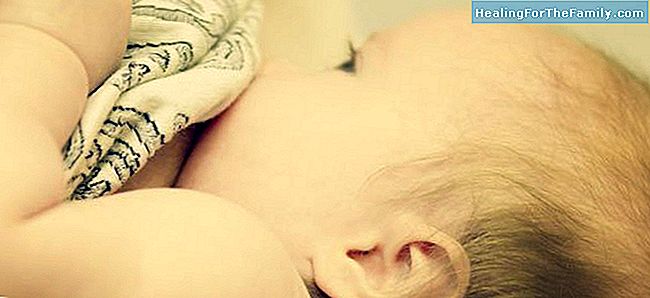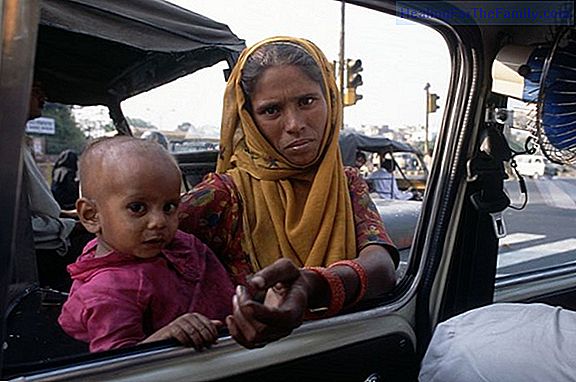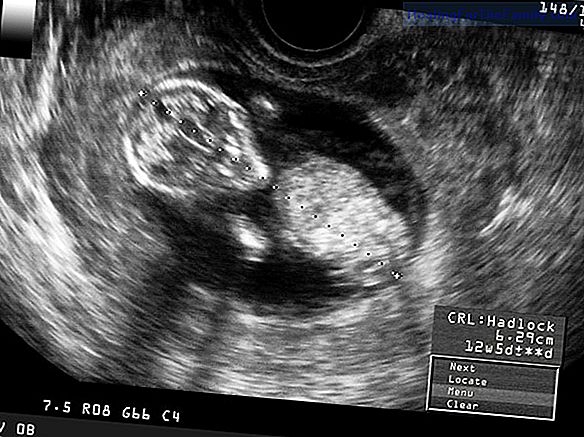Hypogalactia. When the mother does not produce enough milk
Hypogalactia is defined as the lack or low production of breast milk. This may be due to a large number of causes that can produce a hypogalactia in a definitive or transitory way. We explain why some nursing mothers find problems when breastfeeding their child by producing 'little milk'. 7 causes o
Hypogalactia is defined as the lack or low production of breast milk. This may be due to a large number of causes that can produce a hypogalactia in a definitive or transitory way.
We explain why some nursing mothers find problems when breastfeeding their child by producing 'little milk'.
7 causes of hypogalact in the nursing mother

1. Under development of the breast: The development of breastfeeding begins at puberty and will not be over until the breastfeeding period. All those diseases or circumstances that produce a poor development of breast tissue, can hinder the production of milk.
2. Breast reduction surgery: in this type of surgery, a lot of breast tissue can be eliminated besides fat, and ducts can be sectioned and nerves damaged. The result regarding breastfeeding will depend on the percentage of breast reduction that has been made.
3. Shehan Syndrome: It is a very unusual pathology caused by an infarction of the pituitary gland, which means that it does not produce the hormones necessary to be able to breastfeed.
4. Thyroid problems: the inadequate secretion of the hormones produced by this gland, especially T3, can interfere with the action of prolactin. Considering how frequent these problems are, it is very important to make a study of the thyroid function when the woman has a low production of breast milk.
5. Obesity / diabetes: in the case of these women with obesity problems there is a delay in the production mechanisms of colostrum and milk, so special attention must be paid to these babies, so that they do not They lose too much sugar or lose too much weight.
6. Placental Remains: The placenta produces a hormone called placental lactogen, which keeps lactation inhibited. Once it disappears, the mother's body interprets that the baby has already been born and can start breastfeeding. If there are still traces of placenta inside the uterus, this process does not occur.
7. Also the type of delivery influences the cascade of hormones that will cause breastfeeding. Women with less intervened deliveries usually have fewer problems in breastfeeding.
The importance of having the baby skin to skin at the beginning of breastfeeding
Holding your baby, smelling it, touching it, holding it against your skin as long as possible ... stimulates milk production. In addition skin-to-skin contact prevents the baby from spending an excess of energy in maintaining body heat, decreasing their caloric needs and encouraging them to wake up more to breastfeed.












